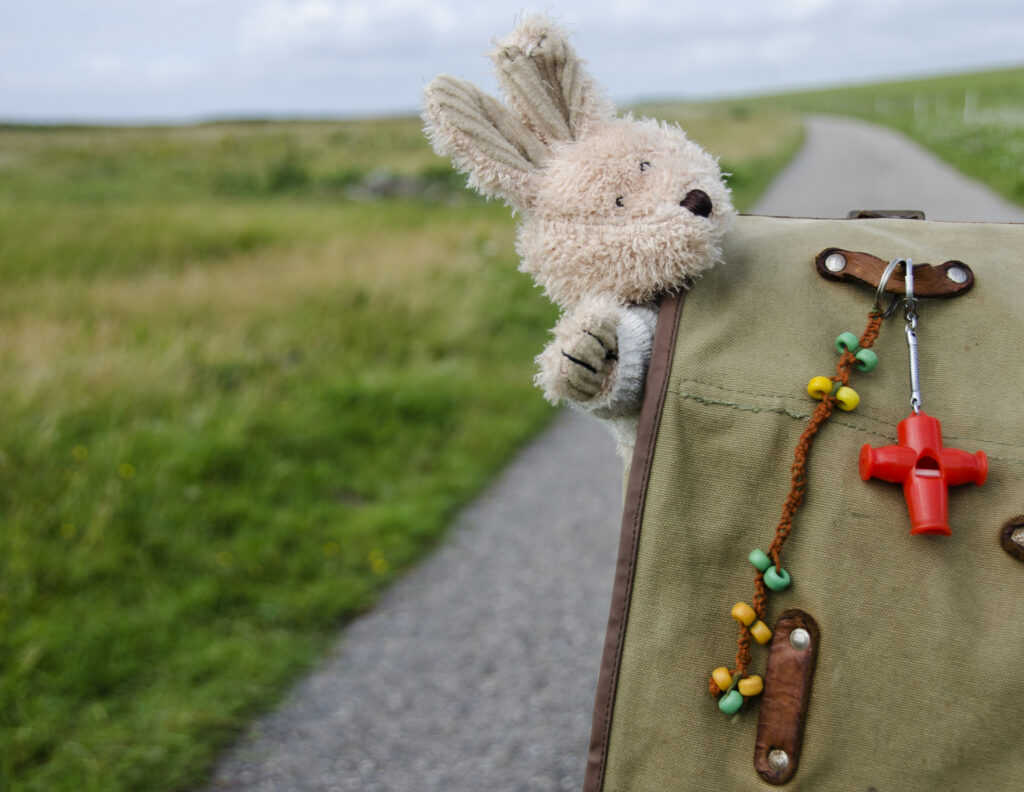Problem Areas in Migration and a Catholic Response
We are excited to unveil a series that delves into the critical issues of migration, a subject that resonates deeply with the Catholic Church for both institutional and moral reasons. Migration, with its complex and multifaceted nature, demands our attention and calls for a nuanced understanding. This initiative isn’t about offering comprehensive solutions; instead, it aims to shed light on specific challenges within the U.S. immigration system and the issue of migration generally that warrant a closer look. See below for the topical issues addressed and the Church’s response to them.
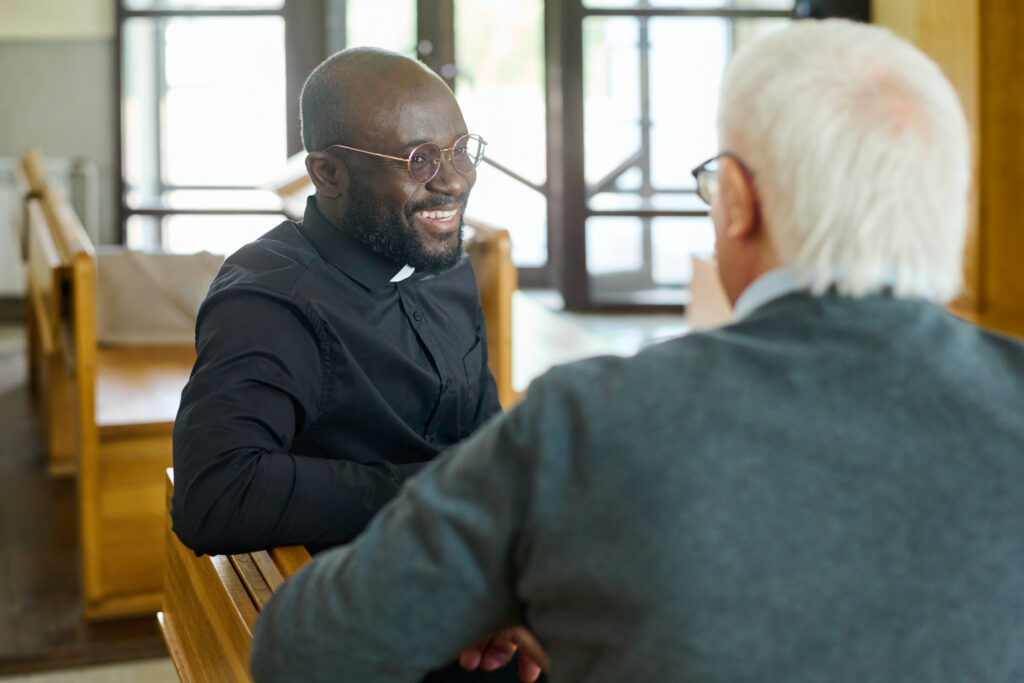
Religious workers, native- and foreign-born alike, provide many important services to American communities. Besides roles directly relating to and required for religious practice, these workers undertake all manner of duties, such as caring for and ministering to those who are sick, aged, and dying, counseling those who suffer from trauma, hardship, and addiction, conducting social outreach programs for those experiencing homelessness, offering accompaniment to those in prison, and helping newcomers to integrate successfully, among other positive contributions. Learn more.
On many farms, orchards, and other agricultural sites across the U.S., stable and consistent access to annual or seasonal employees is limited due to lack of native-born locally based employees, competition from other industries, and low wages or wage fluctuations. Migrant farmworkers undertake all manner of duties in a variety of locations including agricultural farms, fruit orchards, berry fields, dairy farms, product packing warehouses and other facilities. During the COVID-19 pandemic, farmworkers were deemed as “essential workers.” Learn more.
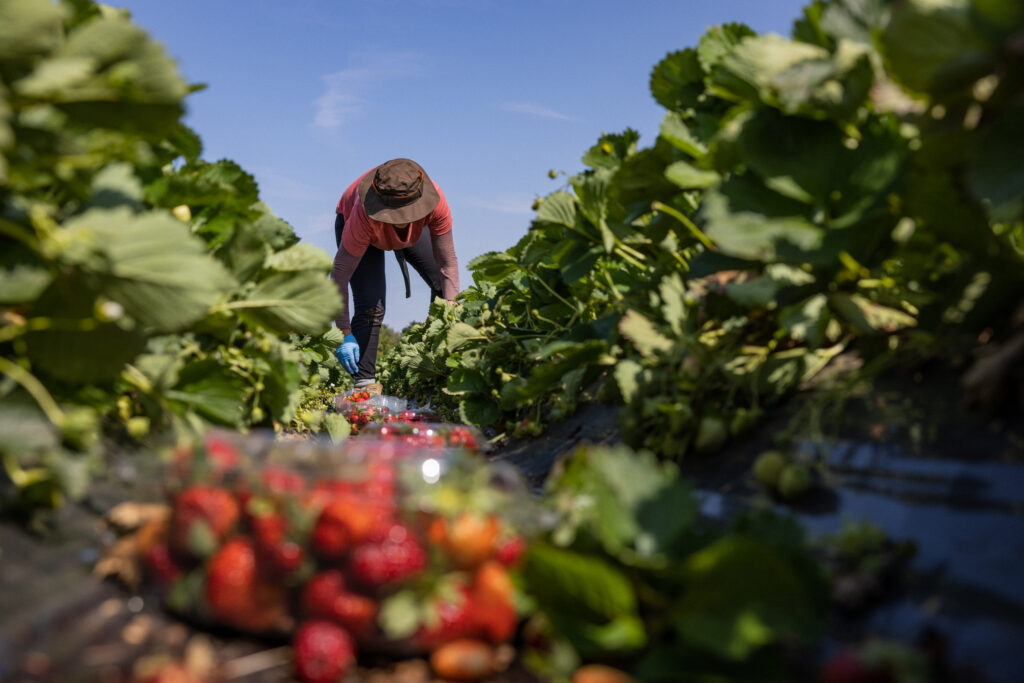
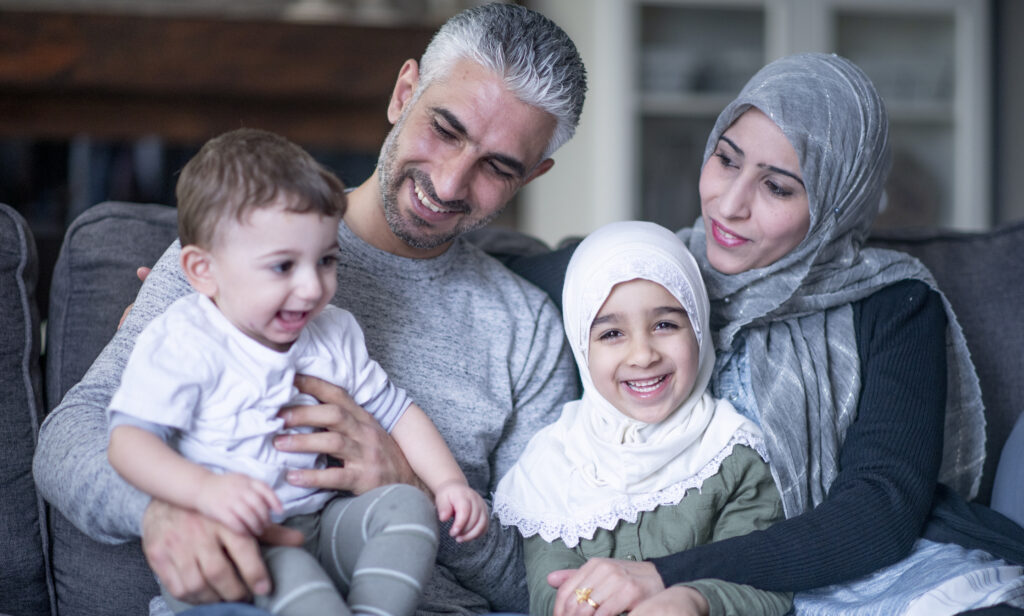
Family unity and reunification have long been foundational principles of our nation’s immigration system. The well-being of families directly impacts the welfare of society, and family unity is a cornerstone of Catholic social teaching. Yet, the current process for reuniting family members often forces them to endure unreasonable periods of separation while they wait for a visa to become available. Learn more.
Documented Dreamers are the children of parents who obtained a temporary nonimmigrant visa to work in the United States. The minor children of an H-1B visa holder, for example, can come to the U.S. as H-4 dependents. Similarly, children of L-1 visa holders can have L-2 status. This is known as “derivative visa status.” These children often spend a large portion or, in some cases, even most of their lives in the U.S., attending American schools and contributing to their communities in the same ways other young people do. Learn more.
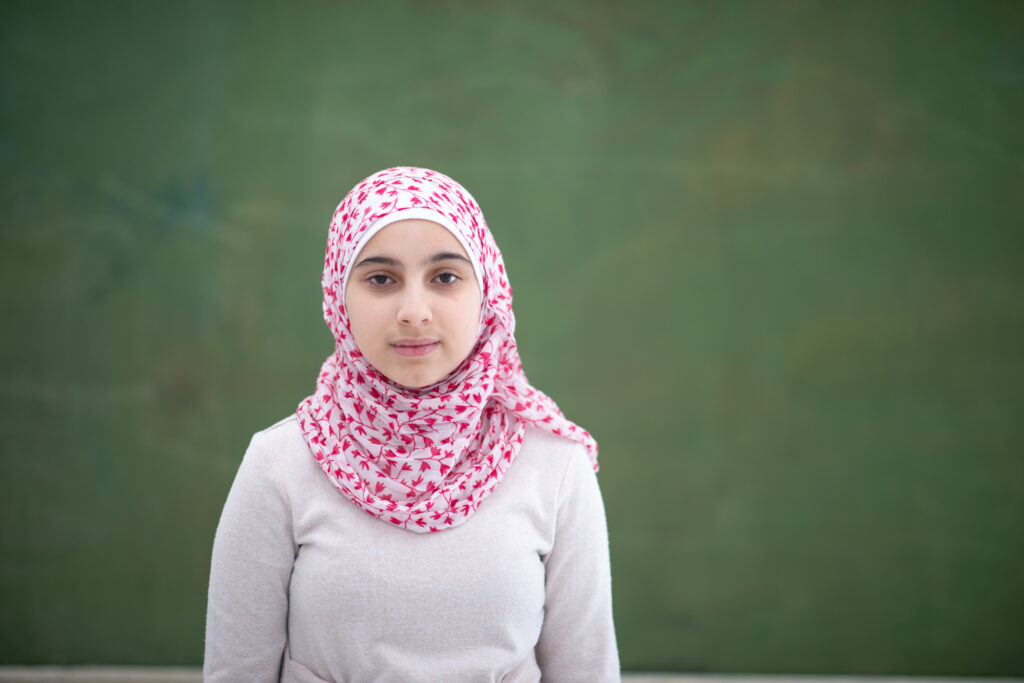
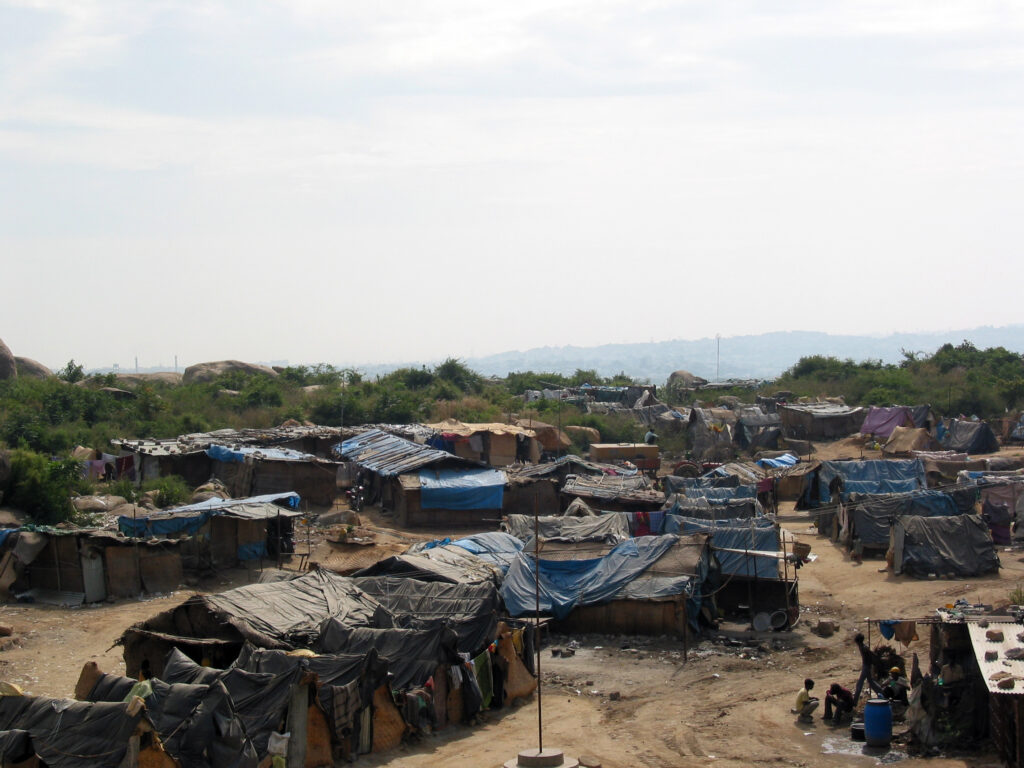
According to international law, a person who is not considered to be a national of any state under the operation of its law is stateless. The United Nations High Commissioner for Refugees estimates that there are approximately 10 million stateless people worldwide. Consequences of statelessness can include a lack of legal protection, limited or no access to health care, education, and registration of birth, infringements on the rights to marry and own property, and an increased vulnerability to human trafficking. Learn more.
Unaccompanied Noncitizen Children
An unaccompanied noncitizen child (formally known as an “unaccompanied alien child”) is one who is under the age of 18, has no lawful immigration status in the United States, and does not have a parent or legal guardian in the country. A child may travel unaccompanied to the U.S. to escape violence, persecution, abuse, and poverty, or to rejoin a family member in the United States, among many other—oftentimes interrelated—reasons. Learn more.
